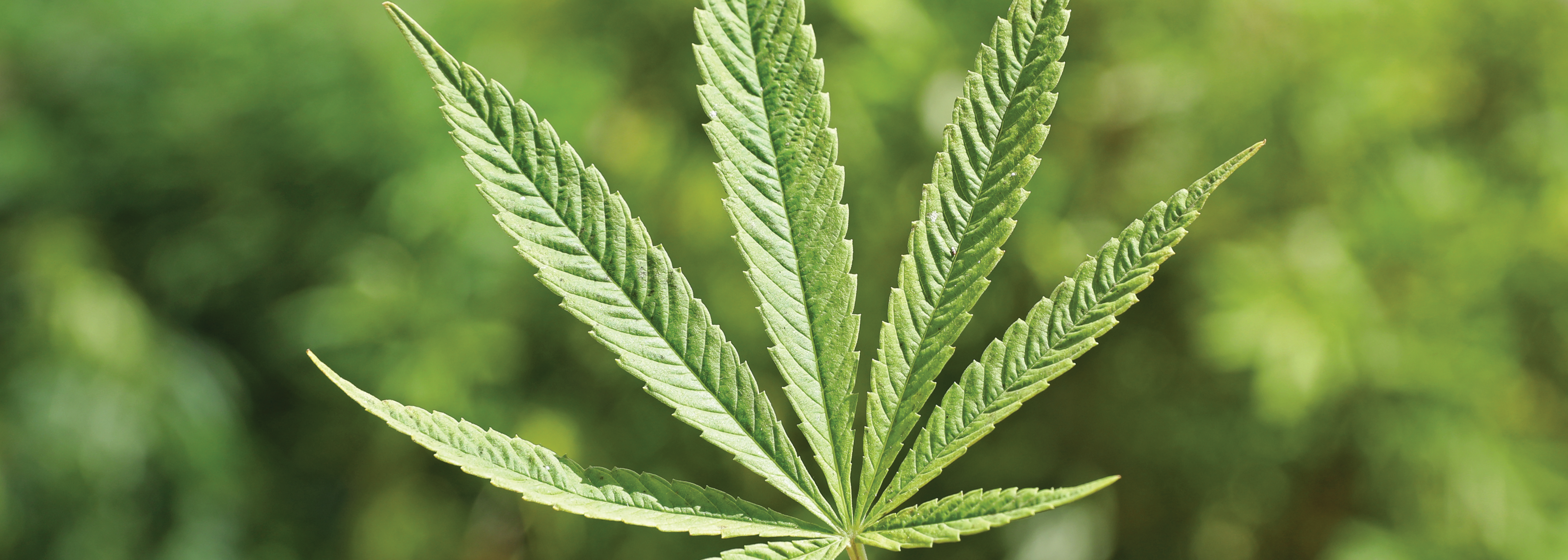Cannabis
Cannabis is a plant known for its psychoactive properties. It is legal in Canada but is a controlled substance that has certain laws and regulations for its use. Common names for cannabis include marijuana, weed, and pot among many others.
Find Addiction and Mental Health Support.
Health effects of cannabis
Stay informed about how cannabis can affect your health. Visit the Government of Canada Website or learn about the Health Effects of Cannabis from Health Canada.
Lower-risk cannabis use guidelines
The only way to completely avoid harm is by not using cannabis. If you choose to use cannabis, you can lower your risk by following Canada’s Lower Risk Cannabis Use Guidelines.
Edible cannabis information
Edible cannabis products have many different appearances and ingredients, including how much THC and CBD are in them. Most cannabis edibles look like regular food items such as candy and chocolate.
The effects of eating cannabis can be very different from inhaling (smoking or vapourizing) cannabis. Eating too much THC can cause anxiety and panic, nausea and vomiting, and symptoms of psychosis or paranoia. Follow these guidelines to lower your risks if you choose to eat cannabis:
- Always read the product label carefully.
- Start with a low THC level. It is recommended that people who are new to cannabis edibles should start with products with no more than 2.5mg of THC.
- Go slow and wait for the effects. It can take about 30 minutes or 2 hours to feel them.
- Always store edibles safely and securely, out of sight of children and pets.
- Do not mix cannabis edibles with alcohol or other substances.
- Buy from a licensed retailer to make sure you know exactly what is in the product.
- Read 7 Things You Need to Know About Edible Cannabis from the CCSA
Cannabis poisoning in children
Always keep cannabis products in clearly labelled, child-resistant packaging. Keep these in a locked area that is out of reach and out of sight of children. Always ensure that any left-over or unused cannabis products are securely stored or disposed of.
Seek medical attention right away if you think a child has eaten cannabis or products that contain cannabis. Visit the Ontario Poison Centre website or call to report a poisoning: 1-800-268-9017.
Signs that a child has unintentionally consumed cannabis may not happen right away and can occur after several hours. Common signs of cannabis poisoning include:
- Sudden onset of sleepiness or unresponsiveness
- Loss of muscle tone, muscle control and coordination
- Dilated (larger than normal) pupils
- Fast and/or irregular heartbeat
- Slow breathing
Cannabis, pregnancy and parenting
The safest choice for babies and young children is for pregnant people and parents to avoid using cannabis while pregnant, breastfeeding, and parenting young children. Learn more about the risks from the following resources:
- Thinking About Using Cannabis Before or During Pregnancy? – Public Health Agency of Canada
- Thinking about Using Cannabis While Parenting? – Public Health Agency of Canada
- Cannabis and Pregnancy Don’t Mix – Society of Obstetricians and Gynaecologists of Canada
- Risks of Cannabis on Fertility, Pregnancy, Breastfeeding and Parenting – Best Start
Youth cannabis use
People under the age of 25 are at higher risk of the harmful effects of cannabis use on brain development. Learn more about the Effects of Cannabis Use During Adolescence from the Canadian Centre on Substance Use and Addiction.
Reducing cannabis risks for youth
Talking with youth about cannabis can help lower their risks. Check out the Cannabis Communication Guide from the Centre on Substance Use and Addiction. You can also download Cannabis: What Parents/Guardians Need to Know from the Centre for Addiction and Mental Health. Find more educational resources on our Use Your Instincts page.
Cannabis laws
The Government of Canada has Federal Cannabis Laws, including the Cannabis Act that made cannabis a legal controlled substance in 2018. Each province or territory also has its own cannabis laws. Make sure you know Ontario’s Cannabis Laws to help keep you safer if you choose to use cannabis.
Cannabis-impaired driving
Driving while high is illegal and it increases your chances of being in a car crash. Cannabis use alters the skills you need to drive such as quick thinking, decision-making, reaction time, and concentration. Learn more about the Myths and Facts of Impaired Driving from the Ministry of Transportation.











